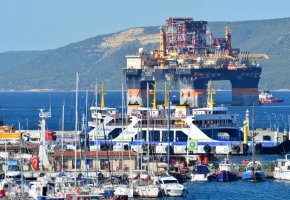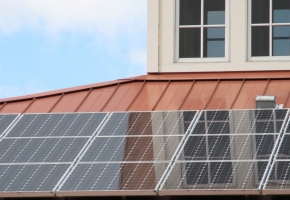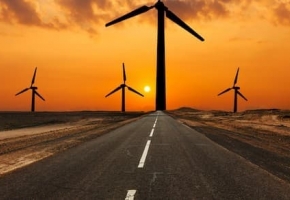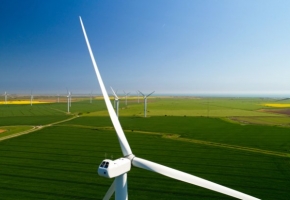RT: Energy redistribution — why oil prices will reach $100 per barrel not earlier than by 2040

The average annual price for oil will be set at $83 per barrel by 2025 and will reach $111 only by 2040. The analysts of the International Energy Agency (IEA) reached this conclusion in the World Energy Outlook 2017 annual report. IEA has worsened the price forecast as compared to last year's estimate—back then, the experts have projected the average cost of crude oil to reach $101 per barrel in 2025 and $125 in 2040.
According IEA experts, the main reason for worsening the forecast of oil prices lies in expected increase in the recoverable reserves of shale oil and gas condensate from 80 billion barrels to 105 billion in the USA. The international agency does not preclude the possibility that this estimate is not final and may double. According to the report, the volume of oil extraction will grow to 16.8 million barrels per day in the USA by 2025. This increase will be provided via shale oil production, with a daily extraction amounting to 8.3 million barrels.
According to the IEA forecast, Saudi Arabia will increase extraction to 12.3 million barrels per day by 2025. Iraq and Iran will also increase the production by 0.5 million and 0.7 million barrels, respectively. However, the overall rate of oil and gas condensate production in the OPEC countries will remain practically the same in the next eight years and would comprise 39.8 million barrels per day against 39.6 million in 2016.
IEA experts lowered the estimate of extraction within the oil cartel by 1.1 million barrels as compared to the previous forecast. It is expected that the production will be reduced by 0.8 million barrels due to Algeria, Venezuela, Angola and Nigeria.
IEA analysts predict a decline in oil production from the current 11 million barrels per day to 10.5 million per day in Russia by 2025.
“Previously, according to all forecasts, OPEC had the brightest future. Given the abundance of resources, share of the OPEC could only grow — from 40% to 60% of world extraction. But now it is not OPEC who makes the world energy balance. The potential for a significant increase is remaining with the USA and Canada, the production is increasing in Mexico and the extraction is doubling in Brazil,” according to experts.







